2025


Creative Research Academy is an educational initiative born from the desire to create a structured yet flexible framework for high-quality formative meetings. Developed under the aegis of the Federation of Employers from Creative Industries (FEPIC), initiated by Irina Schrotter and co-curated by Bogdan Iacob and Lucian Broscățean, the Creative Research Academy will organize conferences, workshops, and courses designed to offer participants, on the one hand, a clear overview of certain areas of contemporary reality and, on the other hand, specific and concrete skills in various professional fields, especially those related to art in general and applied arts in particular, information in general and visual information in particular, public discourse in general and especially cultural discourse.
Far from proposing to replace existing academic institutions, the Creative Research Academy aims to be a complementary, open, and flexible educational structure that addresses relevant educational needs in formats more difficult to use within classic academic frameworks. CRA is open to collaboration with specialists who have demonstrated, in one way or another, extraordinary skills in their field of activity, including members of academic communities from the country and abroad, as well as professionals who have made remarkable professional contributions to the industries in which they operate.
The role of creativity in a world whose systemic dynamics are increasingly complex is difficult to overestimate. The technological advances produced throughout the 20th century, the rapid changes that have occurred in recent decades in the modes of production, distribution, and use of information, globalization as a defining civilizational phenomenon of the recent era, are developments that sometimes drastically modify social, informational, and educational ecosystems at local, regional, and global levels. In these conditions, creativity, fundamental to artistic behavior, but far from being an exclusive attribute of it and defined as the ability to bring into existence new coherent and meaningful structures, whether ideational, technological, or socio-cultural, is crucial to finding solutions to contemporary problems and challenges, at an individual or collective level. The correct identification of challenges is itself an endeavor in which conceptual, cultural, or technological approaches from the 19th or 20th centuries often function at best partially. Authentic creativity requires exploratory courage, but also a good command of the tools of creation or investigation, in other words, it involves both flexibility and rigor: this is the atmosphere that the Creative Research Academy aims to cultivate.
The Creative Research Academy initiative will begin in Iași, during Romanian Creative Week, on May 17th and 18th, 2025, with a series of lectures given by exceptional professionals from diverse fields: Paul Dragoș Aligică, Erwin Kessler, Simona Preda, Vlad Mureșan, Bogdan Iacob. These will address the general public, with the elegance and respect that come from avoiding the assumption that the public is intrinsically inferior, as well as specialists in the fields addressed, and we hope they will create an atmosphere of cordial and engaging dialogue.
Theme: The Confusion of Systems. Change and Vertigo in Recent Civilization and Culture.
Speakeri
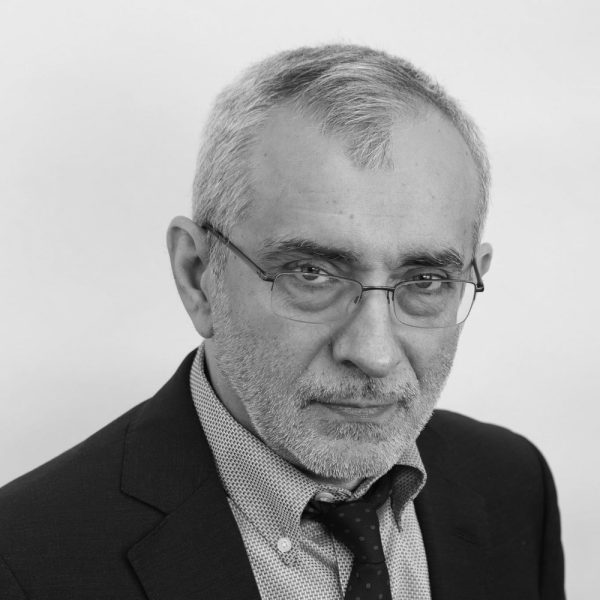
Dragoș Paul Aligică
Dragoș Paul Aligică is a professor at the University of Bucharest and a Senior Research Fellow in the F. A. Hayek Program for Advanced Study in Philosophy, Politics, and Economics 1 at the Mercatus Center, George Mason University, 2 United States. He is a corresponding member of the Romanian Academy and a member of the European Academy (Academia Europaea), where he is affiliated with the “Governance, Institutions, and Policies” section. Currently, he is a Senior Nonresident Scholar at the Center for Governance and Markets, University of Pittsburgh, and a member of the Standing Committee for Scientific Quality of the World Interdisciplinary Network for Institutional Research. He is the author of numerous books and academic articles 3 in the field of institutional theory, political economy, social theory, and political philosophy.
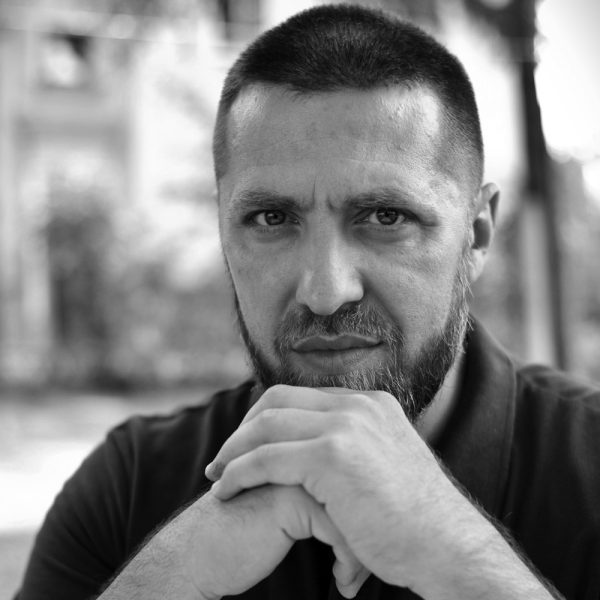
Bogdan Iacob
Bogdan Iacob is an art historian, specializing in the history of recent art, viewed from a broad historical, anthropological, and systemic perspective. His intellectual background includes familiarity with the fields of history, art history, cultural anthropology, and complex systems studies. He is a professor and doctoral supervisor at the University of Art and Design in Cluj, with 22 years of experience in serving students towards their intellectual and professional development. He has taught courses on art history, visual studies, curatorship, and visual anthropology for students at the Cluj university, as well as short courses for those interested in the field of art and culture, without being professionals in the field. He has curated over 50 contemporary art exhibitions, mainly by young generation Romanian artists, some of whom are now reference names in the contemporary art world. His exhibitions have also included landmark artists for Romanian art of the last five decades, and among the institutions that have hosted exhibitions created by him are the Cluj Art Museum, the Iași Art Museum, the Brukenthal Museum in Sibiu, the MODEM Museum in Debrecen, the Mie Lefever Gallery in Ghent, the Sector 1 Gallery in Bucharest, the Jecza Gallery in Timișoara, the Palace of Culture in Iași, and the Casa Matei Gallery in Cluj.
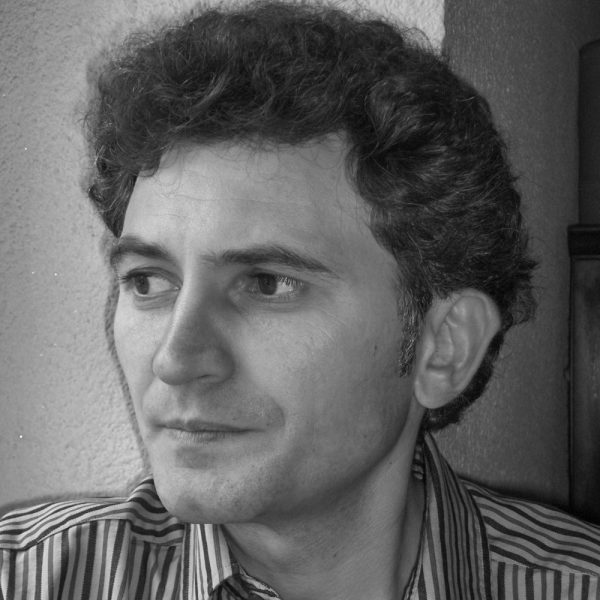
Erwin Kessler
Erwin Kessler (1967) is a Romanian art historian, curator, philosopher, and art critic, holding a PhD in philosophy.
He is a scientific researcher at the Institute of Philosophy of the Romanian Academy, an art critic for Revista 22, and the founding director of MARe / The Museum of Recent Art, Bucharest (2018-2024).
He has studied philosophy and art history in Bucharest, Prague, Paris, and Maastricht, and obtained a D.E.A. at the École des Hautes Études en Sciences Sociales, Paris. He specializes in the history, theory, and aesthetics of modern and contemporary Romanian and universal art.
He has lectured at universities including Berkeley, Stanford, Kunstakademie Düsseldorf, Lisbon, Stockholm, Helsinki, Louvain, Rennes, Warsaw, Poznan, Krakow, Prague, Budapest, and Zagreb, among others.
He has organized major exhibitions dedicated to historical avant-garde and contemporary art in several museums both in Romania (MNAR, Brukenthal, Timișoara Art Museum, Craiova Art Museum, Cluj Art Museum, Constanța Art Museum, etc.) and abroad – Museo Vittoriano in Rome, Museum of Modern Art in Lisbon, Narodni Galerie in Prague, Bunkier Sztuki in Krakow, etc. He has published several volumes on the history and theory of art both in Romania and internationally. His latest publications include: “The Picasso Effect” (Vellant, 2023), “The New” (Vellant, 2024), and the chapter “Seeing American Art and Feeling European Influence” in Hot Art, Cold War: Supplements, Extensions, Alternative Narratives (Routledge, 2025).
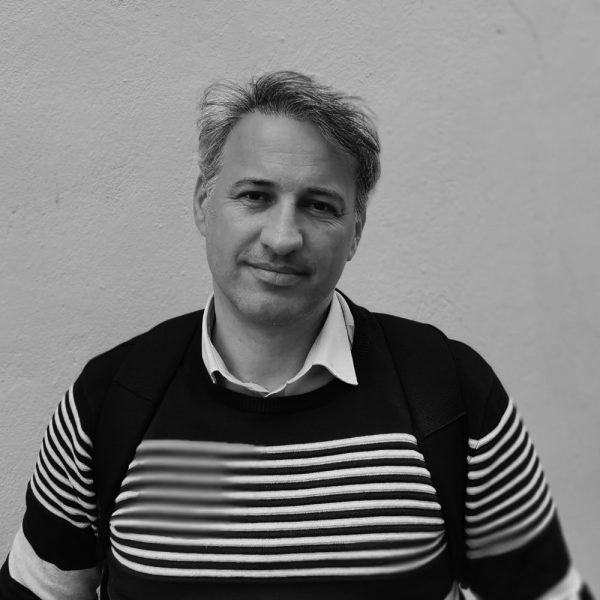
Vlad Mureșan
Vlad Mureșan holds a bachelor’s degree in philosophy (UBB Cluj-Napoca), a master’s degree in philosophy (University of Poitiers), a master’s degree in political science (EHESS – Paris), and a doctorate in philosophy (UBB Cluj-Napoca). He is a university lecturer at the Faculty of European Studies. He specializes in classical German philosophy and the philosophy of religion. He has taught courses in philosophy, ethics, and politics. Recent books: Comentariu la Critica rațiunii pure (Presa Universitară Clujeană, 2019) și Critica rațiunii ecumenice (Ratio et Revelatio, Oradea, 2024). A predat cursuri despre Descartes, Spinoza, Kant (Critica rațiunii pure), Hegel (Fenomenologia Spiritului), Schopenhauer (Lumea ca voință și reprezentare) sau despre marxismul cultural. În prezent lucrează la o carte de filosofia istoriei.
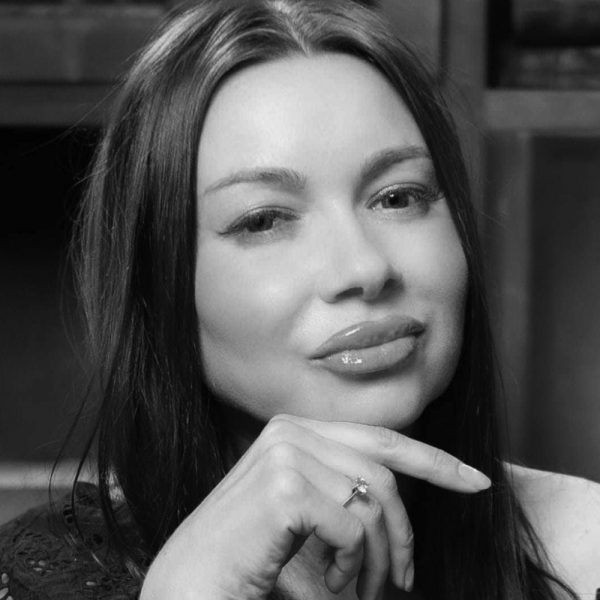
Simona Preda
Doctor of History, lecturer at the Faculty of History, University of Bucharest, author of several studies, articles, and books on 20th-century history. Volumes: „Patrie română, țară de eroi” (2014), „Regina Mamă Elena. Mariajul și despărțirea de Carol al II-lea” (2018), „The Institutionalization of Indoctrination: An Exploratory Investigation Based on the Romanian Case Study”, (co-autor, alături de Dragoș Paul Aligică, Lexington Books – Rowman & Littlefield, 2022), „Queen Marie of Romania’s Fashion, Diplomacy, and Enduring Legacy: Reigning in Style” (Lexington Books-Rowman & Littlefield, forthcoming 2025), „Queen Marie of Romania. British Roots and Romanian Reign: A Story of Monarchy and Identity” (Routledge, forthcoming 2026)